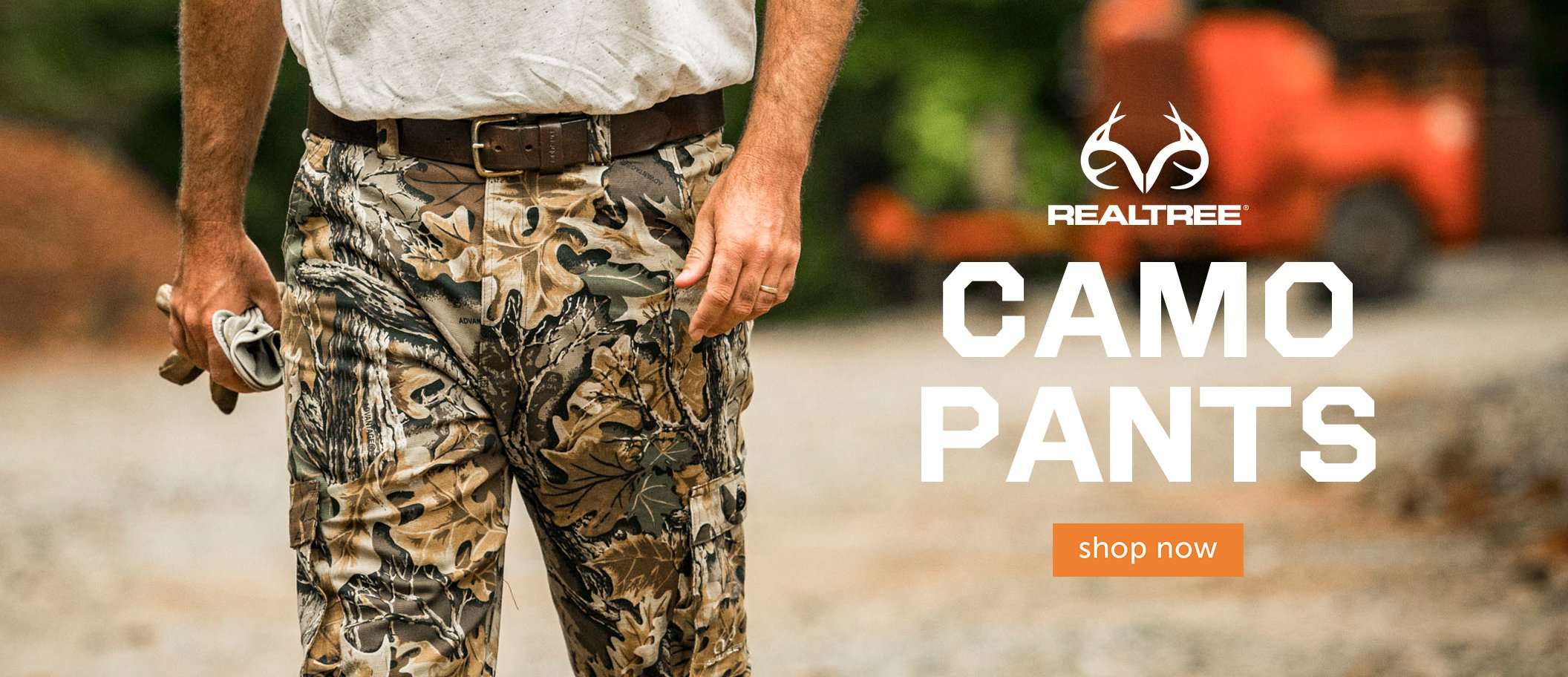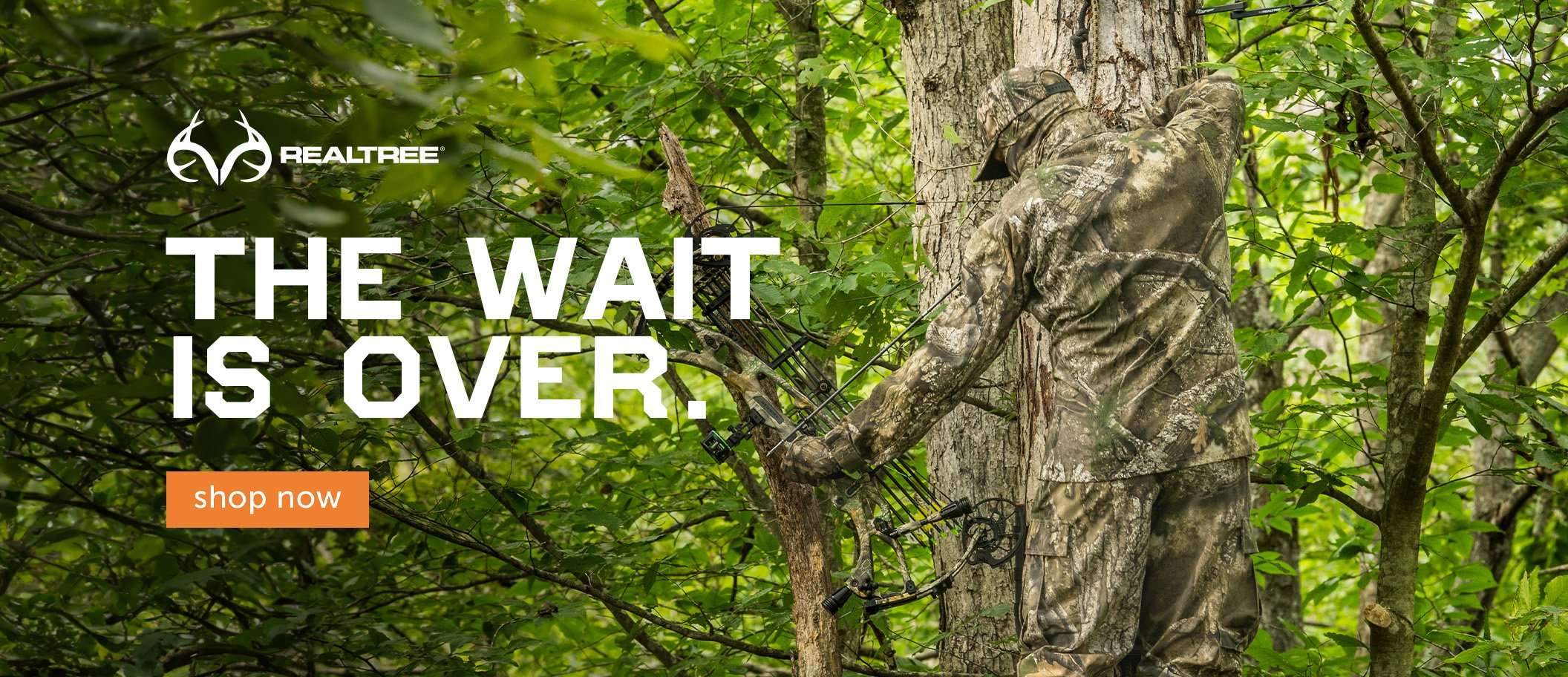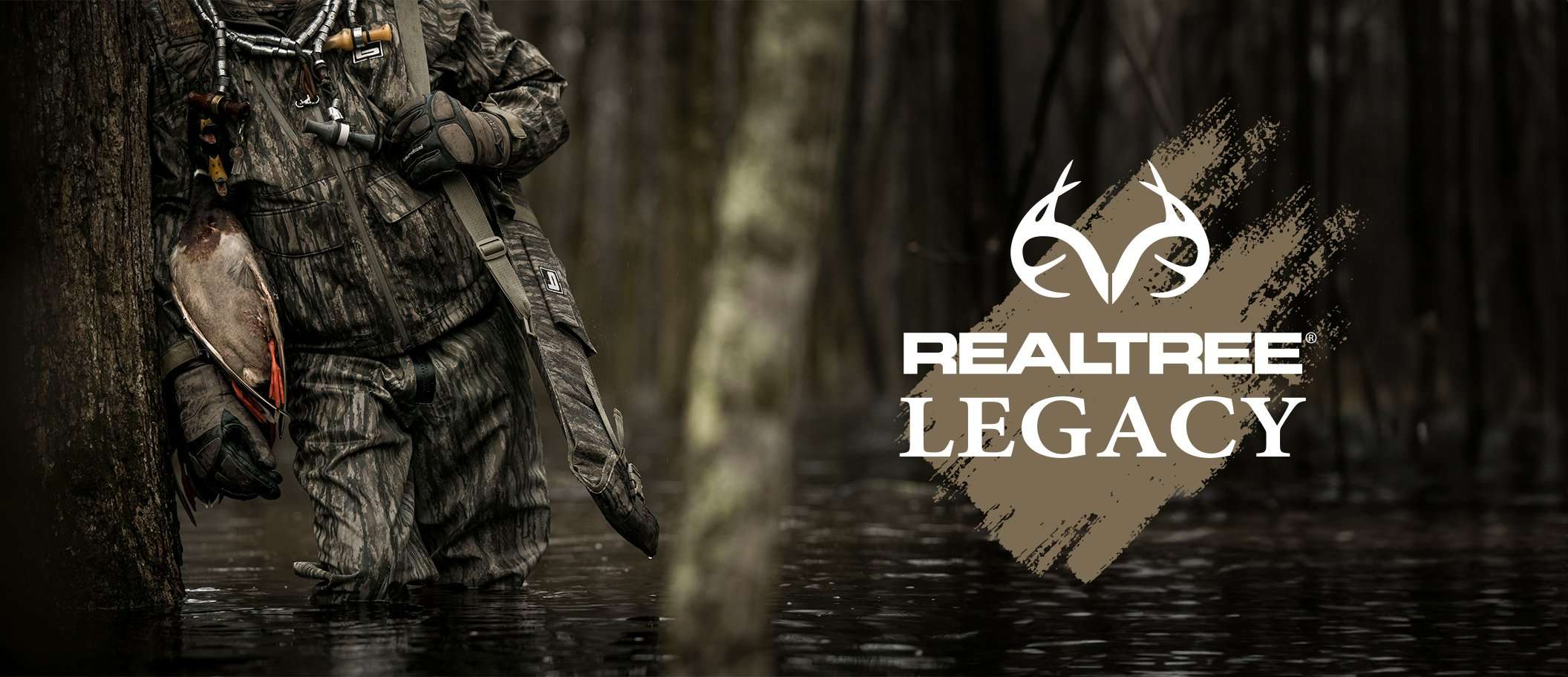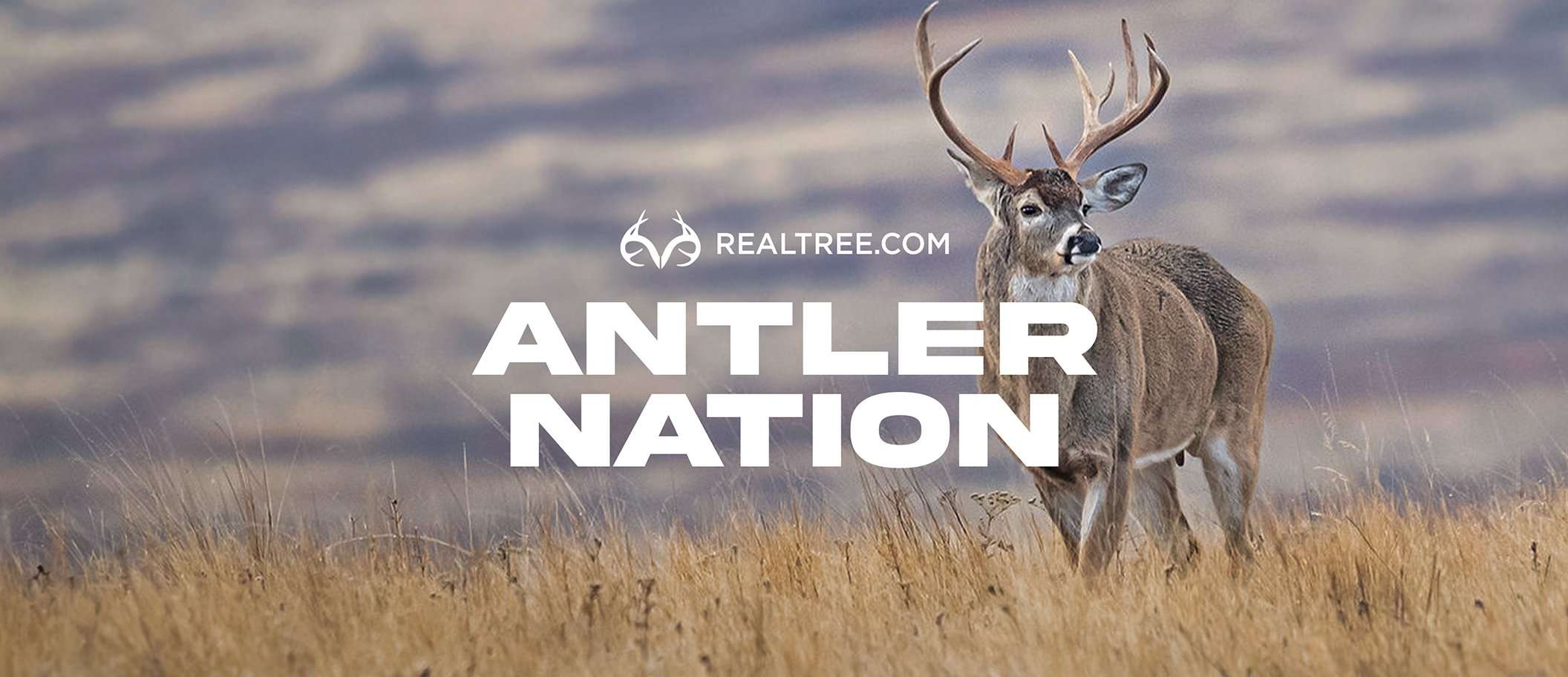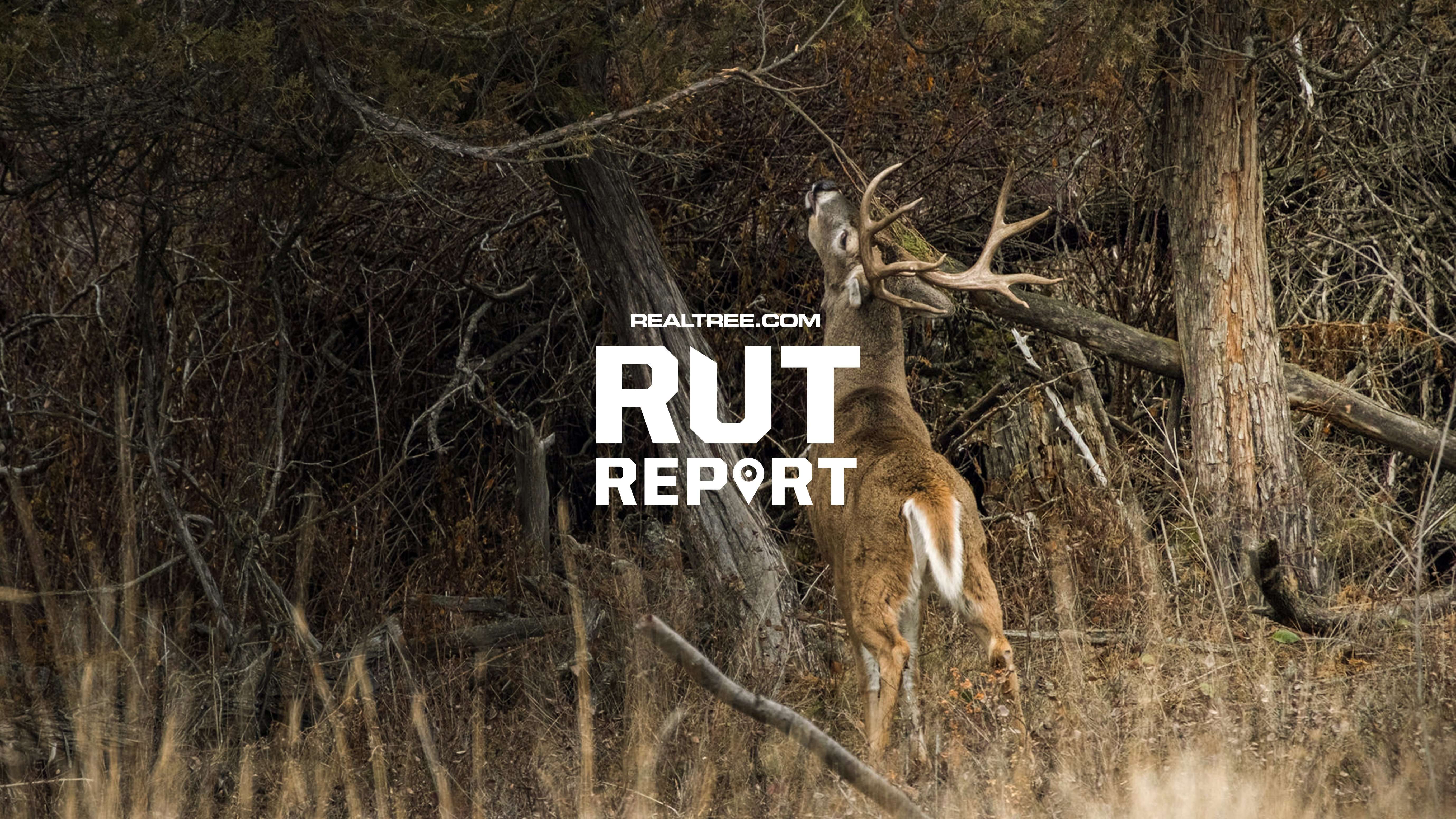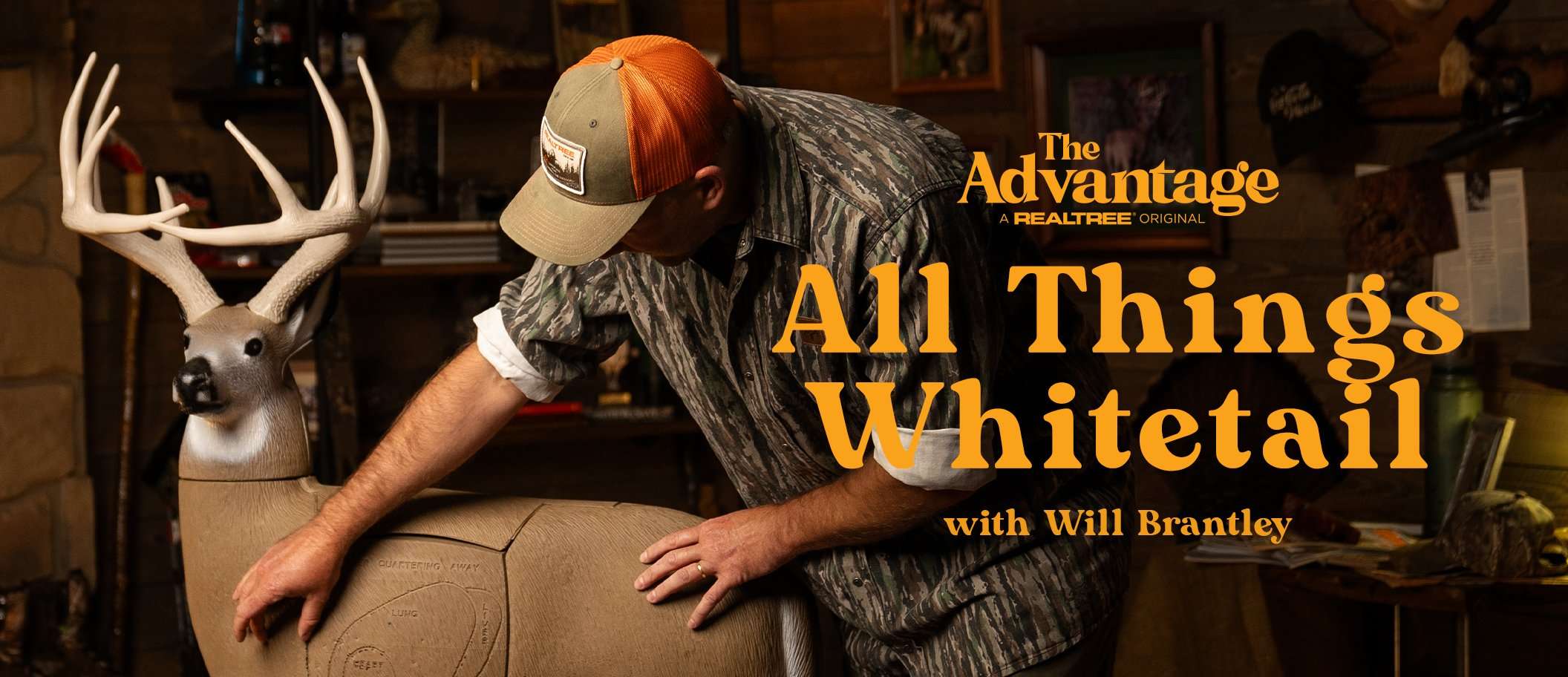From unsafe gun handling to trespassing and trash talking, these are the behaviors that tick off hunters the most
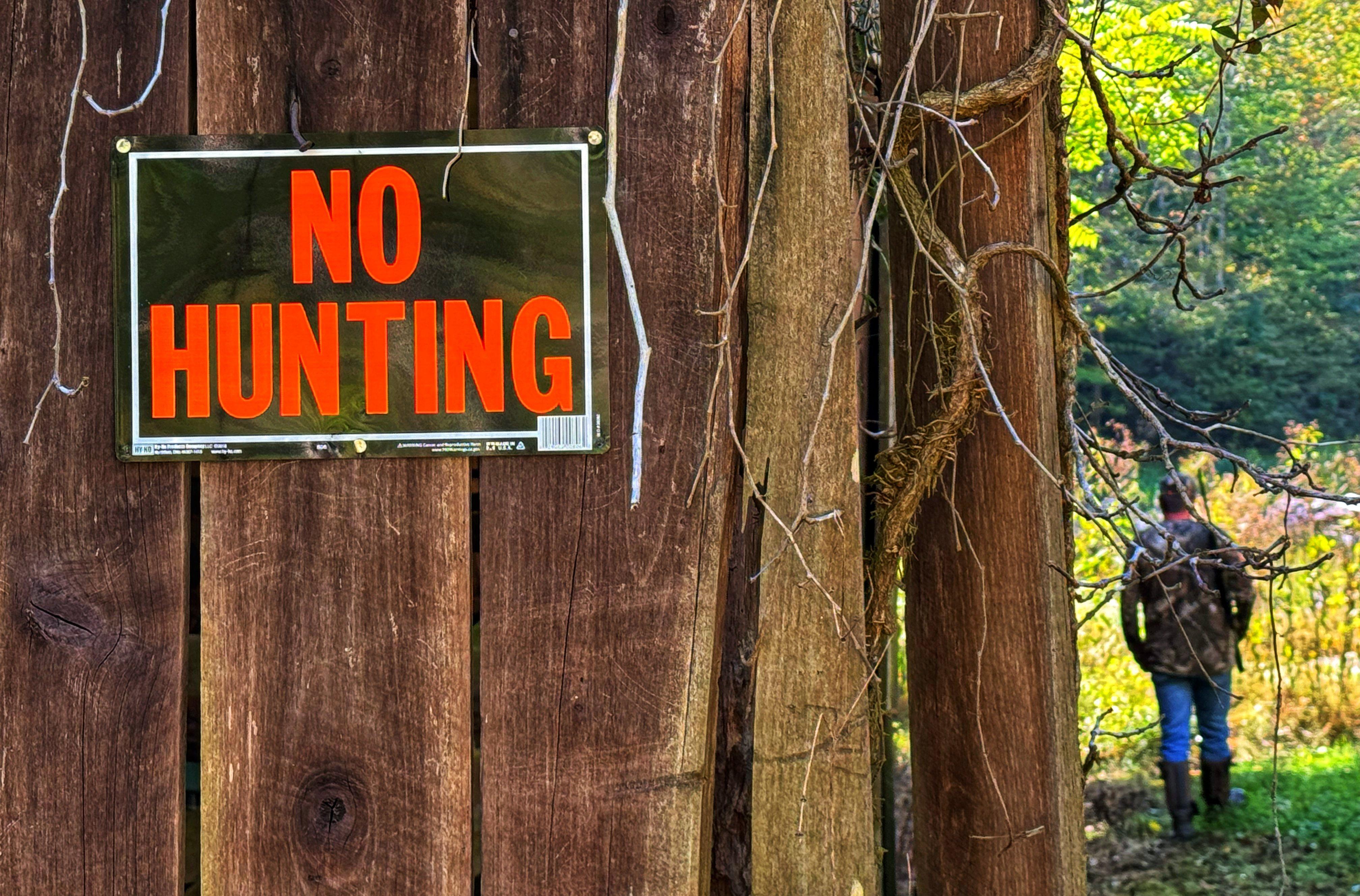
Trespassing ranks near the top of bad hunting behavior. If you don’t have permission, don’t be there. (Image by Bill Konway)
Most of us go hunting to have fun, so it’s infuriating when someone else’s bad behavior ruins a good time in the outdoors. Not that it happens often. Most hunters are easy to get along with and respectful of one another, but there are bad apples in every bunch. Whether it’s mocking a fellow hunter’s technique, disregarding safety protocols, or encroaching on someone else's setup, some actions might result in more than a scowl or harsh words. If you don’t want to be punched in the face, here are 10 behaviors to avoid at all costs.
1. MISHANDLING A FIREARM
Mishandling your firearm could get you or someone else killed. Safely handing your firearm requires following a number of rules, with the most important being keeping the muzzle pointed in a safe direction. Realtree’s Darron McDougal says he’s experienced a number of incidences where hunters have mishandled their guns, but one in particular sticks out.
“I was guiding a turkey hunter in Florida who was way old enough to know how to handle a gun,” McDougal says. “We were crawling toward a tom in order to cut some distance, and, since I was the guide, I was in the lead. I looked over my shoulder to tell him something, and I noticed the muzzle pointing right at me. I was extremely upset and called him out on it,” McDougal said.
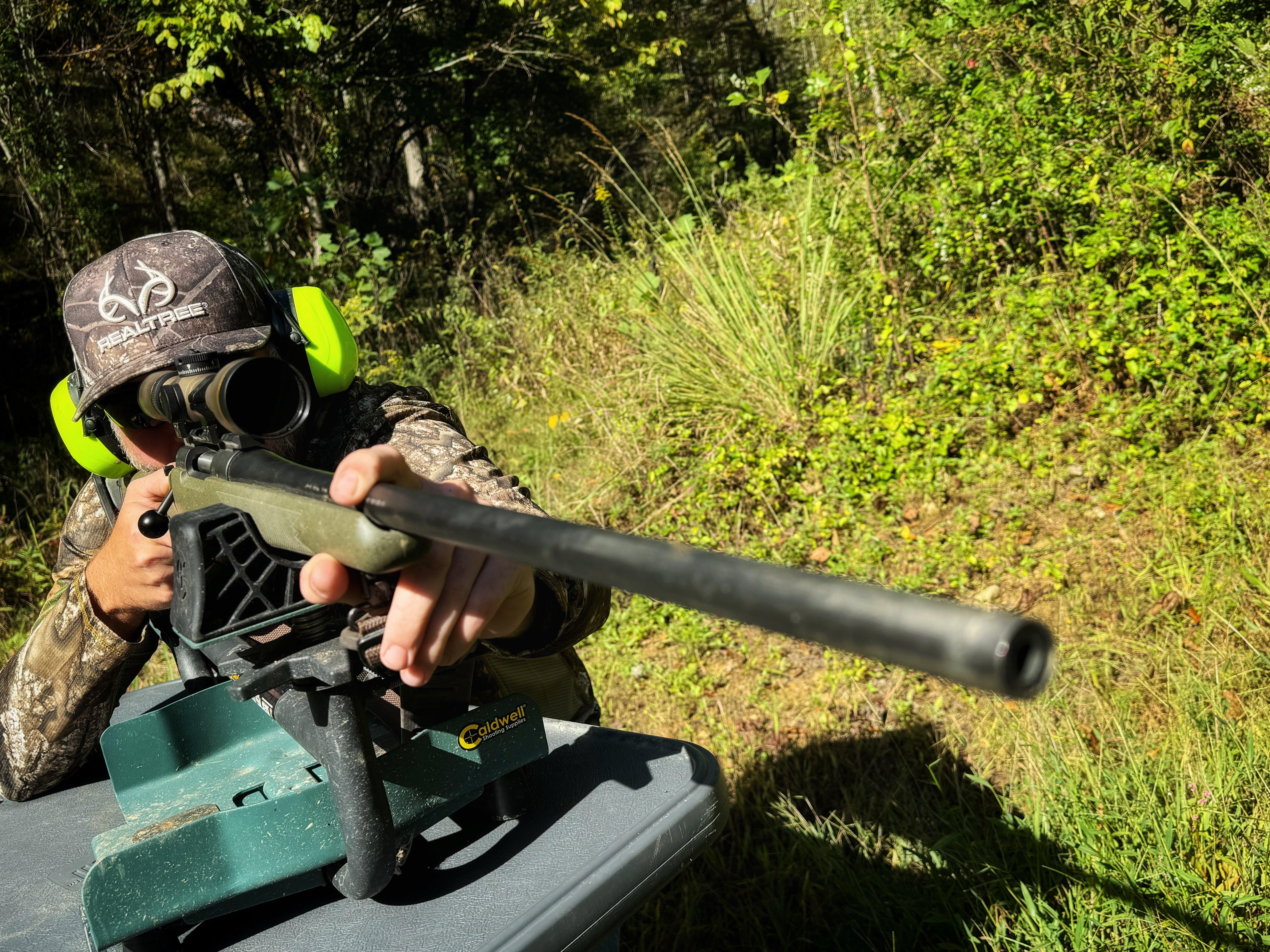
Always practice safe gun handling both on the range and in the field. (Photo by Bill Konway)
Bert Moore, avid hunter and rep with Schooler Outdoor Marketing, says he and his best friend, Peter, enjoy pheasant hunting at a lodge each year. But during his time there, he’s witnessed several examples of firearm mishandling.
“Every year we go, there seems to be an instance with an accidental misfire around the lodge or another hunter getting sprayed or shot from someone else in their group,” he says. “Two years ago, the blocker was shot at one time by his five friends as they pushed the end of the field. He had to be life flighted to Rapid City. Fortunately he survived, but he did lose an eye. I have also seen countless bird dogs accidentally shot by hunters shooting low across a covey of quail. No bird is worth killing a dog much less a human,” Moore said.
2. TRESPASSING
Trespassing onto someone’s private property is a big no-no. Ethical hunters know this, but it still happens, and it’s maddening to those who own or manage the land. Professional duck hunting guide Rusty Creasey says he’s encountered several trespassers over the years, and the encounters always make him furious.
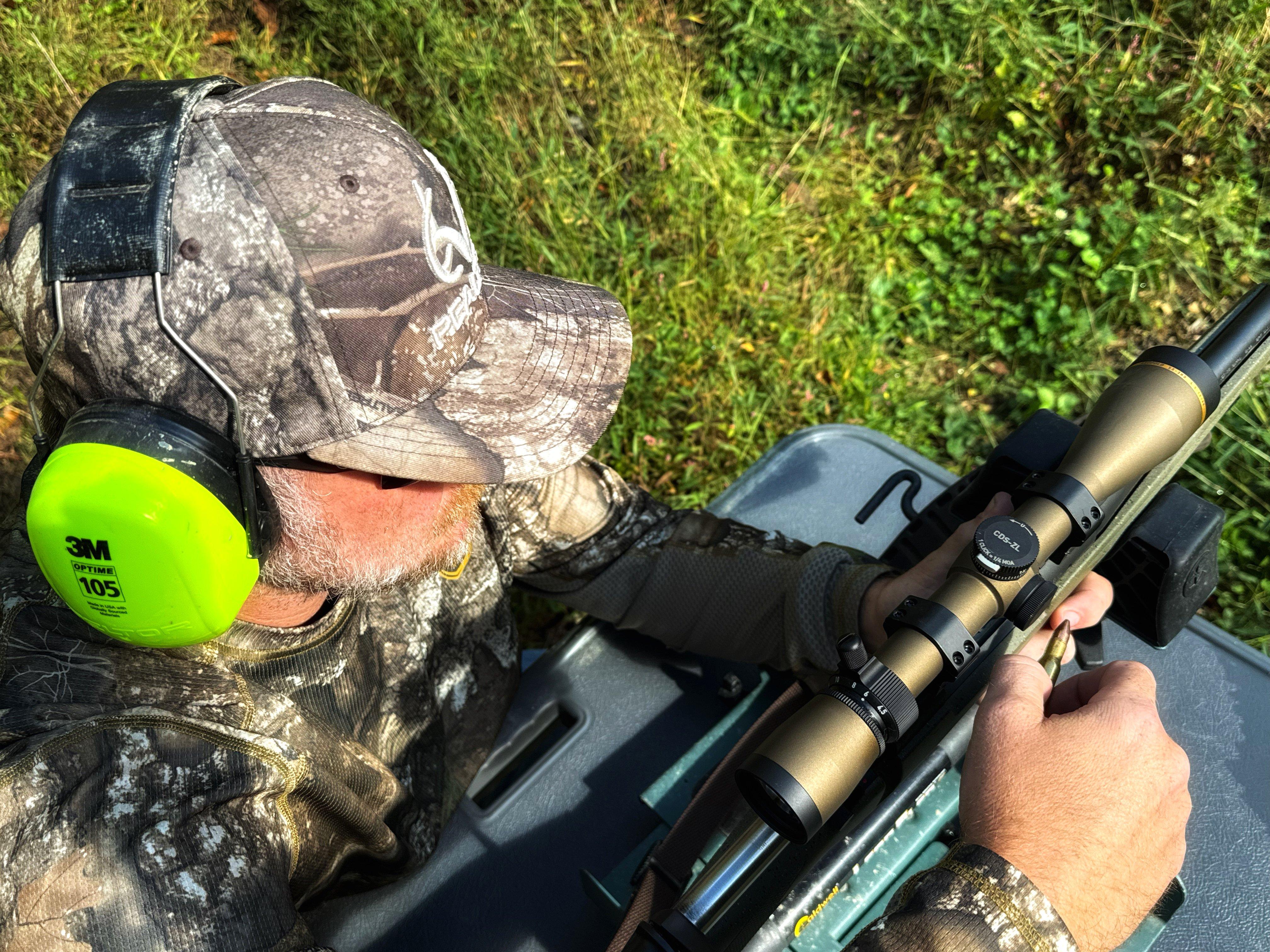
Firearm safety should be a hunter’s No. 1 priority. (Photo by Bill Konway)
“As a manager and a caretaker of a private piece of property, anytime I catch a trespasser, I really want to take ahold of them and punch them in the face. No doubt, when you work your tail off all year on a piece of property to make it special and productive, and then you catch a trespasser on the property, it’s really upsetting,” Creasey says. “I once had a trespasser thank me for not punching him because knew what he’d done was wrong.”
Patrick Meitin, an outdoor freelance writer and editor, says he loses one or two trail cameras a year, and most of the time it happens on private land.
“My theory is they are trespassing. They see that they are caught, so they take the evidence. Stealing someone's property is bad enough, but the loss of a week of intel in the middle of the whitetail rut infuriates me more than losing the camera,” Meitin said.
3. IGNORING INSTRUCTIONS
If you hunt with a guide or on another person’s property, then you’re under their authority. Ignoring the guide or landowner’s instructions, especially when it comes to shooting, can create safety risks and diminish the quality of the hunting experience for everyone involved. Creasey says duck hunting guides often deal with hunters who shoot before the guide calls the shot, which is a big no-no.
Don’t Miss: What It’s Like to Actually Hunt for a Living
“Nothing makes a guide more upset than when a hunter shoots a single duck coming in just as a group of a hundred ducks on their last pass are about to come in to the decoys,” he says. “I have had that happen numerous times and it’s grounds for a good butt chewing. Most of the time it is inexperienced guys who get excited and don’t know better. But there are also those experienced hunters who simply have big egos and want to do things their own way. They have the attitude, ‘I’m not gonna be told what to do,’” Creasey says.
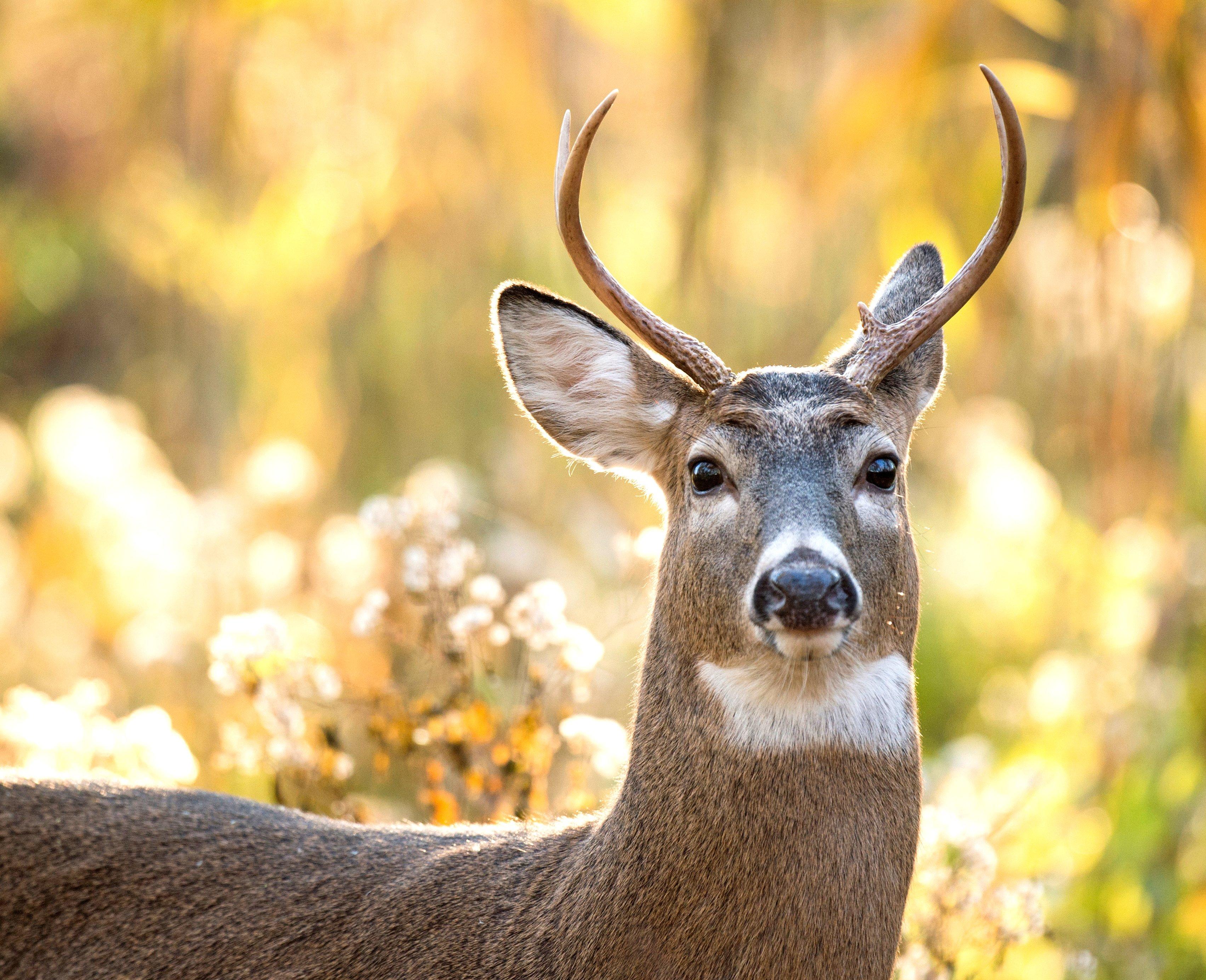
If the landowner or hunting guide gives you guidelines on the size of deer you can shoot, then stay within those guidelines. (Photo by Ray Hennessy)
Bert Moore has had several incidences when people he’s invited to hunt on his property didn’t follow his rules. “Several years ago, I reconnected with a fraternity brother and invited him to come to my property in Alabama’s Black Belt. He told me that he was in a deer club between Atlanta and Augusta and had killed several deer and hogs. I assumed he knew what he was doing,” Moore says. “We met on the Friday afternoon at my gate, caught up and I gave him the lay of the land. We discussed that I only wanted does or 8-points to be taken; and by 8-point, I meant a mature 8-point outside the ears. I walked him to his ladder stand and I wished him luck. As I was walking away toward my stand, I heard a shot. He immediately texted me a picture of a dead 2-year-old 6-point. This was 2:30 in the afternoon and my hunt was over for the day. Later that weekend, we were visited by the game warden. When my friend was asked for his Alabama out-of-state license, we discovered that he never bought one. He assumed his Georgia license would suffice. That was partially my fault for not asking.”
4. SHAMING OTHER HUNTERS
A bit of good-natured banter is common in hunt camp, but shaming a fellow hunter can undermine the camaraderie and only serves to drive a wedge between the hunters in camp. Duck Commander General Manager Justin Martin says he gets extremely frustrated when a hunter shames a fellow hunter.
“I see it every year. Someone will show up to camp in either designer gear or budget gear and someone rips on them for no reason. We are all after the same experience and time outdoors no matter what we wear, shoot or drive,” Martin said.
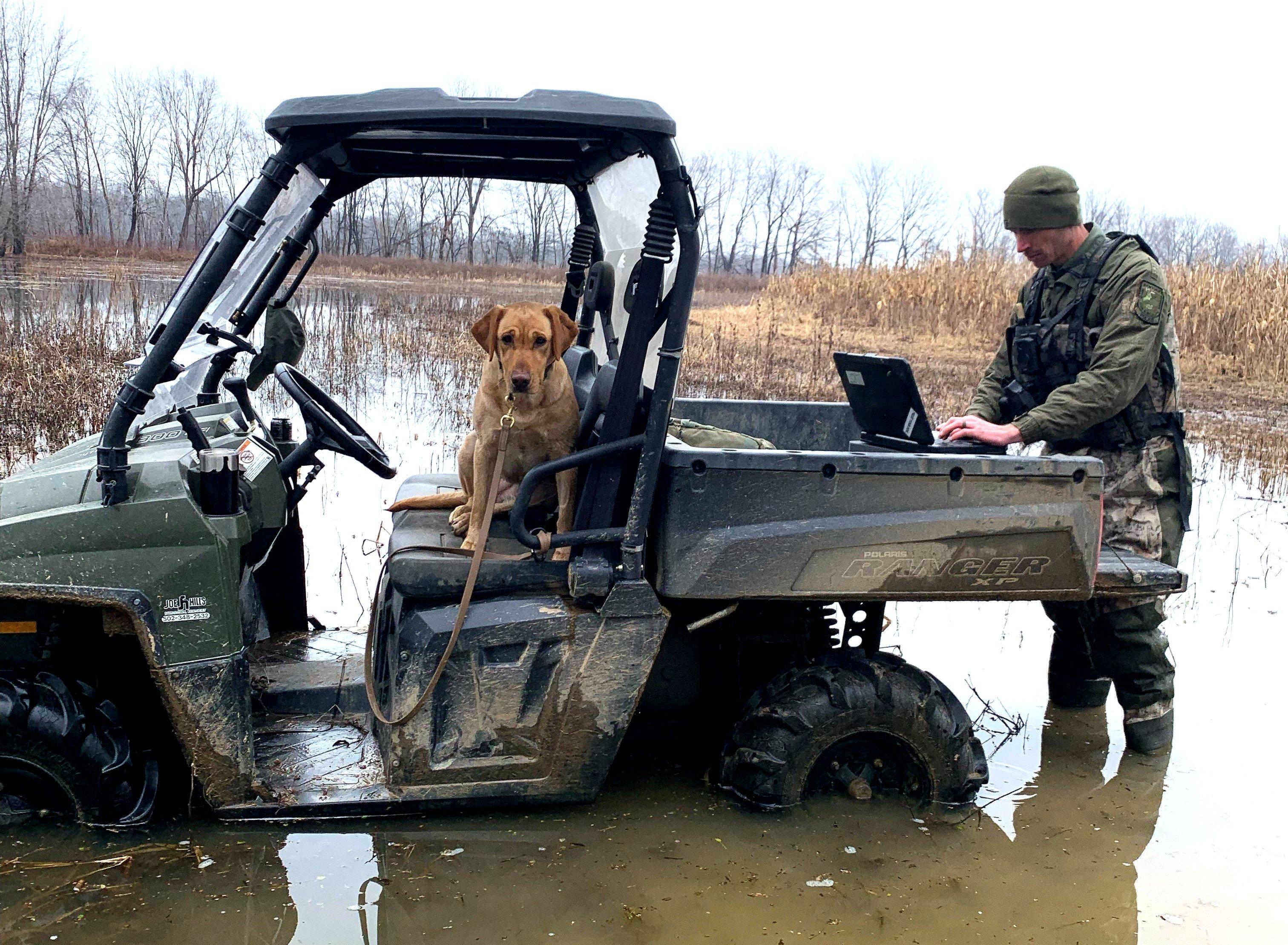
Make sure you know and follow the rules and have an up-to-date hunting license for that state your hunting in. (Photo by Kentucky Fish and Wildlife)
Moore says one of the reasons he doesn’t belong to a large deer club is because of the egos and the shaming that often occurs. “The modern deer crowd is too wrapped up in a buck's antler score. I agree that we should not kill small bucks, but someone's judgmental attitude or comments towards a young hunter can turn them sour very quickly; and turn them away from hunting,” he says.
5. TOO MUCH BRAGGING
Big egos and constant bragging are obnoxious and can quickly ruin the camaraderie at camp.
Bernie Barringer, outdoor writer, hunting guide, and host of bowhuntingroad.com, says he actually had to kick a guy out of camp once because of his obnoxious ego.
“He was toxic. One guy with a big ego can spoil the atmosphere. This man was boastful and pushy. He wanted preference above everyone else in camp. He wanted to be put in the best stands and really bragged and bragged about what he’d killed in the past. Of course, I had my doubts. Everyone kept rolling their eyes when he’d talk. I eventually had to kick him out of camp to save everyone else from his bad behavior,” Barringer said.
6. BEING LAZY
When one person fails to contribute his fair share, whether it’s contributing money or labor to the camp or property, it adds additional burden on others who are doing their part. This, of course, can lead to resentment and conflict among those hunting the property, which diminishes the quality of the hunting experience for everyone.
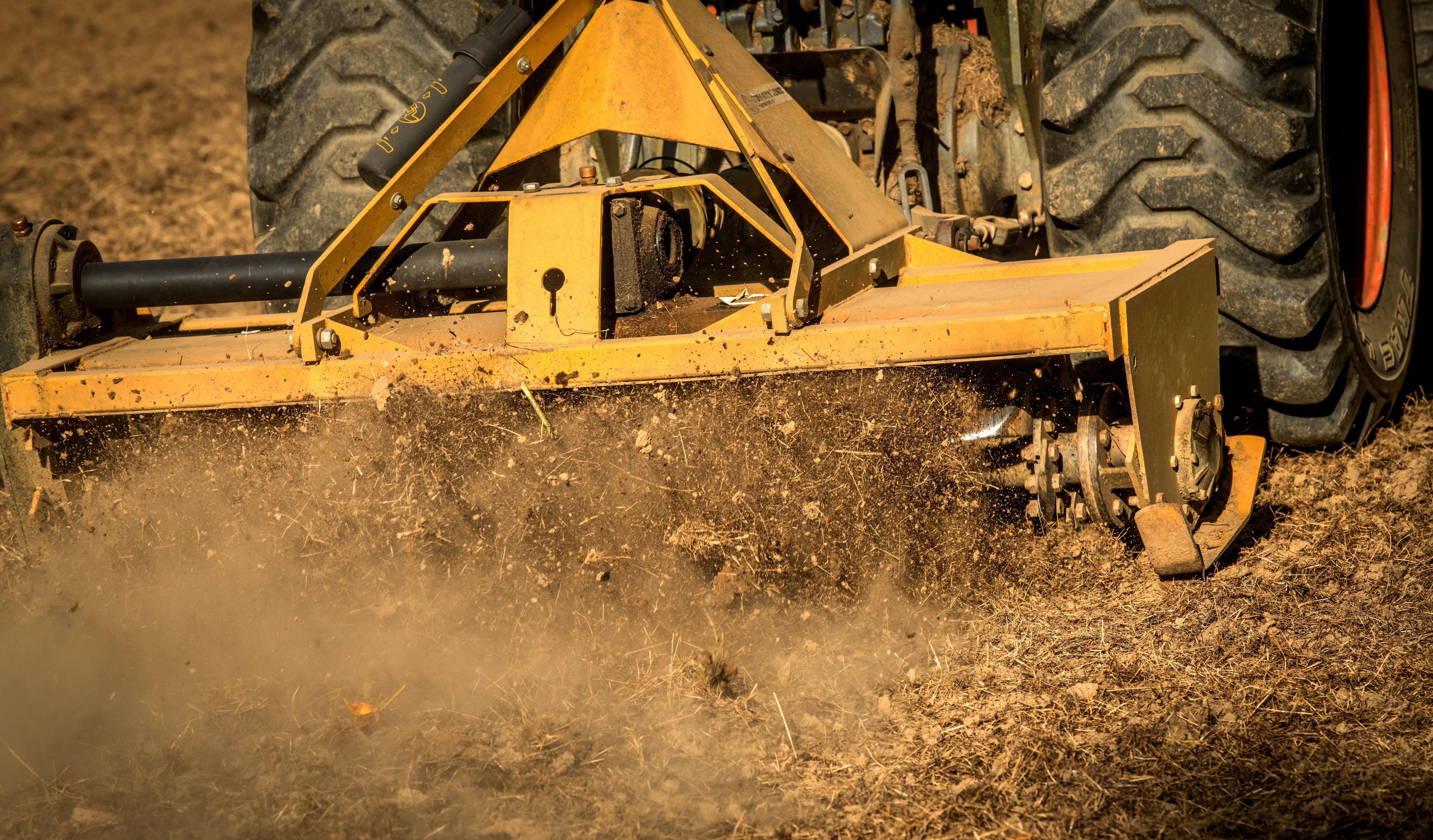
Do your part. If you’re sharing a hunting property with others, then make sure you share the workload as well. (Photo by Bill Konway)
Martin says he gets really upset when hunters don’t do their part in the activities surrounding the hunt.
“By this, I mean, not showing up for workdays. Not picking up decoys, cleaning the game, cooking breakfast or anything else that may surround the hunt,” Martin said.
7. CROWDING OTHERS
If you’ve hunted public land, you’ve likely experienced the frustration that comes when other hunters set up too close to you, impeding your likelihood of success.
Creasey says nothing makes a duck hunter angrier than when he’s hunting public ground and someone sets up really close to him and then shoots his swing ducks.
“Anyone who hunts ducks on public land deals with this scenario on a regular basis. It’s especially infuriating when you have ducks working your spread and then they swing over someone else’s hole and that hunter shoots them,” Creasey said.
Meitin frequently encounters this problem during his western big-game hunts as well.
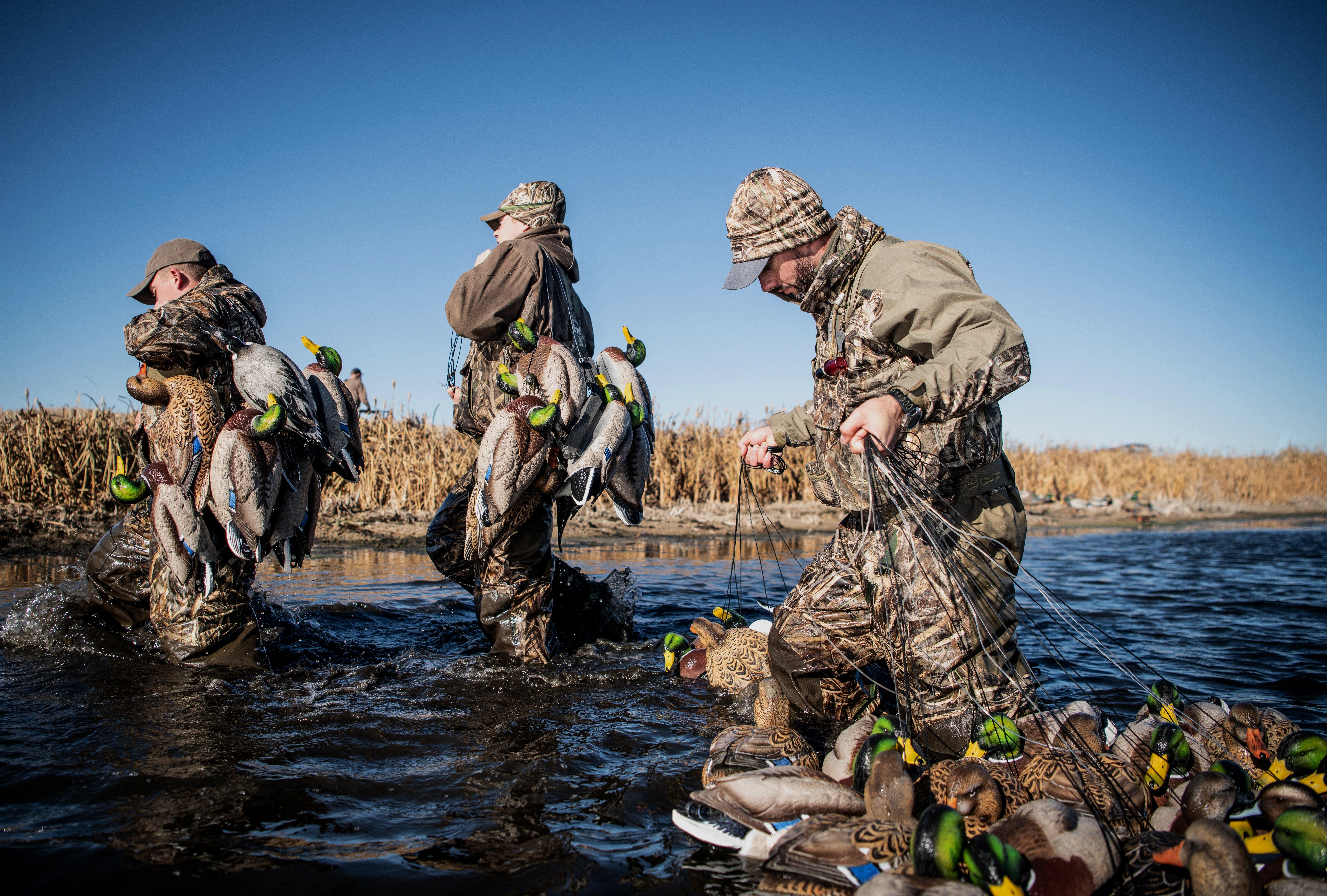
Be respectful of other hunters’ setups, especially on public lands. (Photo by Zach LaBorde)
“So, you're working a bull, calling back and forth, keeping him interested. That's when another hunter or pair of hunters arrives on the scene. Instead of reading the situation, backing out and leaving the first person alone, they barge in and spook the bull with bad or obviously belligerent calling. I often wonder if it is done intentionally, out of jealousy,” Meitin said.
Barringer says communication is key to avoiding these types of situations, but even then, some hunters will still encroach on your space.
Don’t Miss: Don’t Let a Deer Drag Hurt or Kill You
“I ran into another hunter in the parking lot for public hunting land I was planning to hunt. He wouldn’t tell me where he was going to hunt, so I told him that I’m hunting an area back there on a pinch point along the river. I told him I have a stand there. The next morning, I get into the tree, and right at daylight, I hear what I think are two bucks fighting. I turn to look and there’s that same guy sitting in a treestand 25 yards from me, rattling antlers. I couldn’t believe it. That scenario could have been easily avoided. There were deer everywhere and so many great spots. Hunters need to understand that it’s OK to give up a spot on public land if someone else is already hunting it.”
8. HUNTING A BUDDY’S SPOT … WITHOUT THE BUDDY
Hunting a spot that someone else has shared with you without talking to that person first is disrespectful and inconsiderate, even if it’s on public land. The other hunter most likely put in significant time and effort locating that spot and you undermine their trust and investment by hunting on it without communicating with them first.
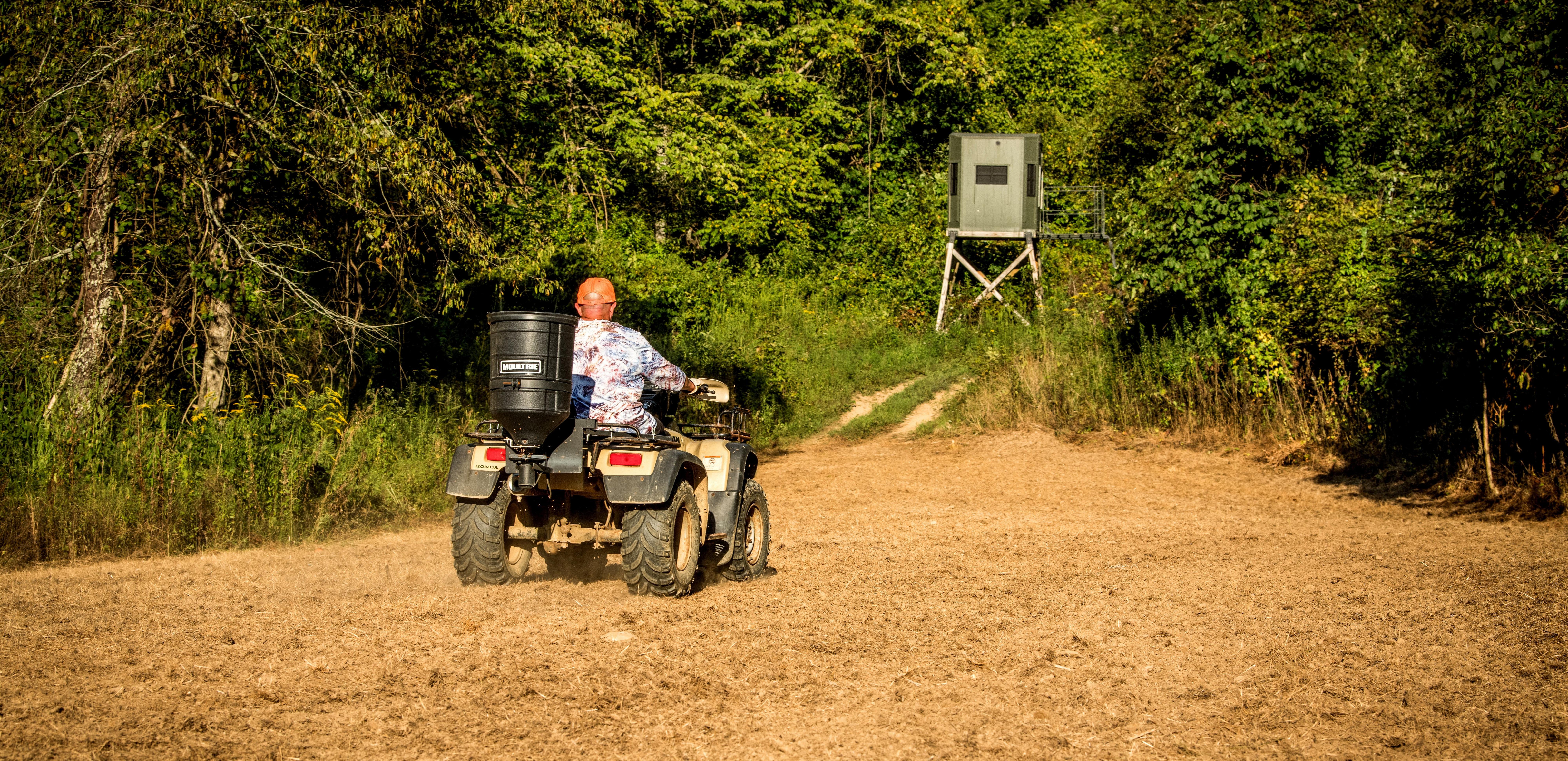
Maintaining a hunting property is hard work. If you can’t chip in time and sweat for food plots, consider contributing some money. (Photo by Bill Konway)
Martin says it betrays one’s trust to mark spots that someone else showed you and then hunting these spots later without asking or telling the original person your intentions.
“I have taken many folks hunting and or fishing on public grounds only to return and find them there the next day or in days following. I am totally cool with that so long as you communicate your intentions but to find you there without that really irks me,” he said.
9. BEING NOISY
Most hunters know that noise scares away wildlife. But Moore says noisy hunting partners are a common problem. “Talking, or at least talking loudly, is a huge pet peeve of mine when deer and turkey hunting,” he said. “Use your inside voice. A few more irritating noise makers include slamming the truck door before entering the woods, dragging or shuffling your feet when walking in the woods and rattling snack bags and/or container packages in the deer stand. Quiet snacks only. And no squeezing the water bottle!”
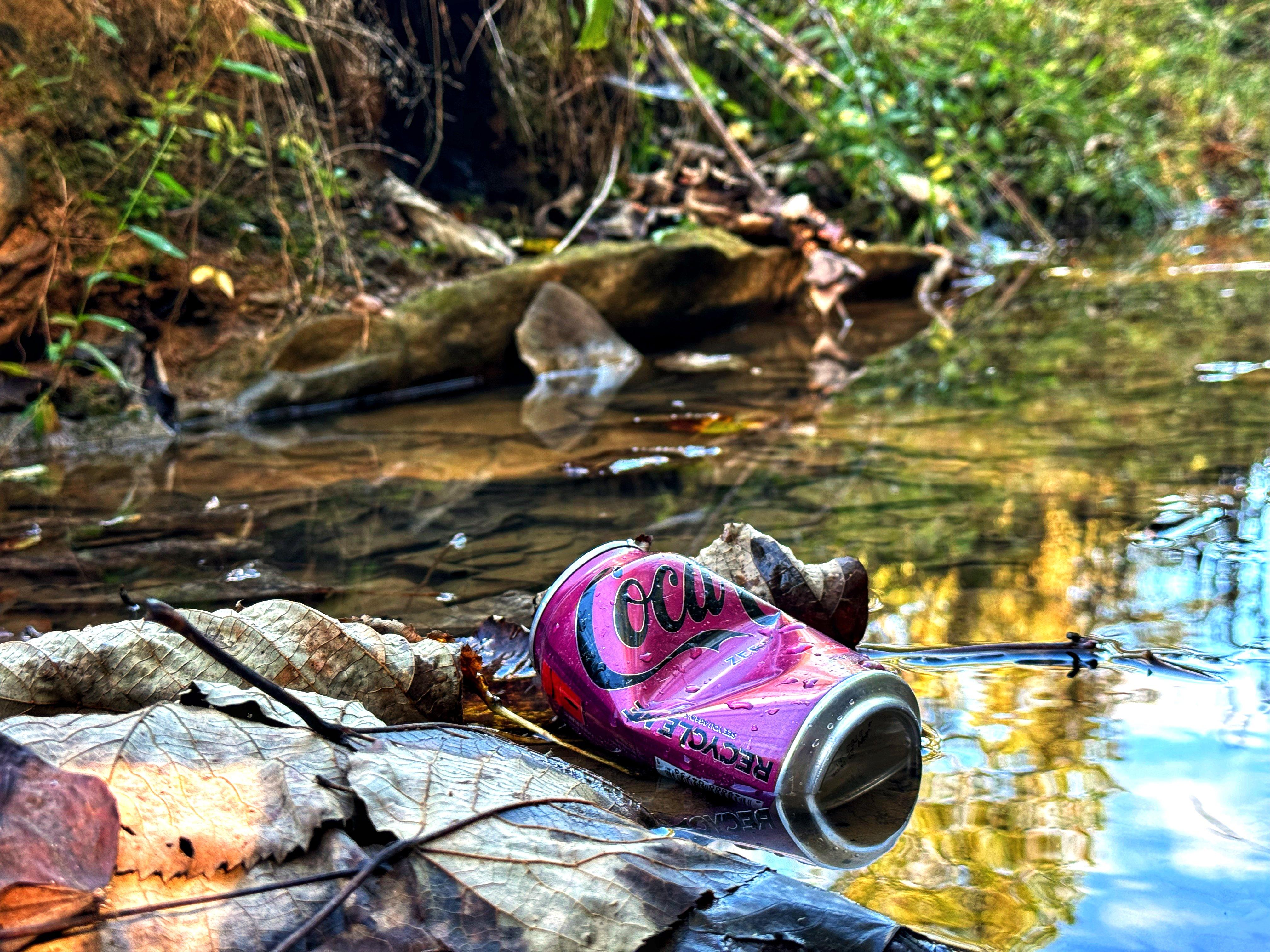
Hunters should leave the land better than they found it. That includes picking up their own trash, as well as items left behind by others. (Photo by Bill Konway)
10: LITTERING
Should we really have to remind adults not to litter? Most people have been taught from childhood that leaving trash behind harms wildlife and the environment, the very things we hunters are out there trying to enjoy and conserve. So when some hunters litter, it reflects poorly on the hunting community as a whole. Pick up your empty shotshells after a duck hunt. If you drop a candy wrapper from your deer stand, don’t leave it there after you climb down. This is commonsense stuff.
Nothing ruins a day, or even an entire season, like an unexpected confrontation with a fellow hunter. Fortunately, these instances are easy to avoid. Do your part to keep the peace, and you won’t have to worry about going home with a black eye instead of a cooler full of meat.

